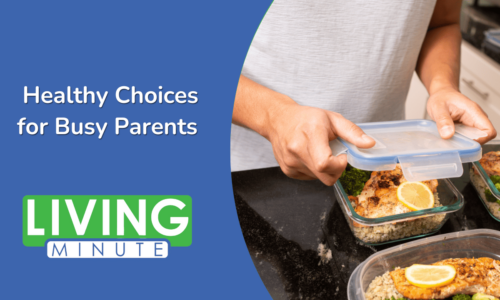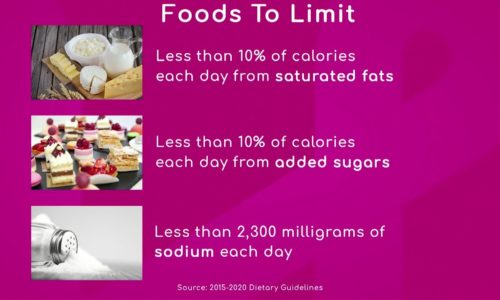Is there a test to know how long I will live? |

According to a recent study, there is a simple test to predict your risk of premature death, including death from heart disease, cancer, and other causes as well.
See if you can climb four flights of stairs in under a minute, without having to stop.
This study measured the exercise capacity of over 12,000 participants. The study then followed these people for about 5 years. People with poor functional capacity, had a death rate from heart disease almost 3 times higher, and cancer deaths were almost double, compared to study participants who had good exercise capacity.
If you want to try this test yourself, please use good judgement. If you have heart disease, or if you have trouble walking up a single flight of stairs, you should talk with your doctor before trying this. If you try the test and have chest pain, stop and contact your doctor.
If you can complete the stair test, then you have a good functional capacity. Good functional capacity comes from being physically active on a regular basis.
How does exercise help your heart?
Your heart is a muscle, just like other muscles in the body. The more it is used, the stronger it gets. When you are physically active, your heart has to pump blood faster in order to supply your muscles with the oxygen they need. So not only are your leg or arm muscles getting a work out, your heart muscle is getting a work out at the same time.
If you are physically active on a regular basis, your heart becomes strong enough that it can pump more blood with each contraction, which allows your heart to beat slower. A slower heart rate, due to a strong heart, is associated with a longer life.
Regular exercise also improves your blood pressure. Lower blood pressure means lower risk of cardiovascular disease. Exercise also improves your cholesterol levels, increasing the good cholesterol and decreasing the bad.
You may be thinking “I understand why exercise helps my heart, but how does it decrease my chances of getting cancer?”
You might be surprised to hear that your immune system kills cancer cells that develop in your body all the time. Mutations can occur in cells for a number of reasons, and if left to continue to multiply, that mutated cell would become a cancer. If your immune system is functioning well, it recognizes those tiny cancers and attacks them; that’s just part of the job of the immune system. If you are exercising regularly, your immune system functions well. It is “tuned up” and ready to fight for you.
What should you do if you cannot meet the stair test challenge?
If you cannot do it, that is a sign that you need more exercise on a regular basis. If you are young and healthy, you should gradually increase the amount that you exercise on a daily or weekly basis. If you are older, or have underlying health problems, you should talk with your doctor before increasing your exercise regimen, just to be sure that you are healthy enough for the level of exercise that you are planning. Your doctor may want to do a stress test, in order to get a more accurate measure of how many METs of activity you can perform, and to make sure that your heart is healthy.
If you have any more questions just Ask Hanna, our health advisors are here to help.
Dr. Anita Bennett MD – Health Tip Content Editor
Image: ©Shutterstock / Rido








